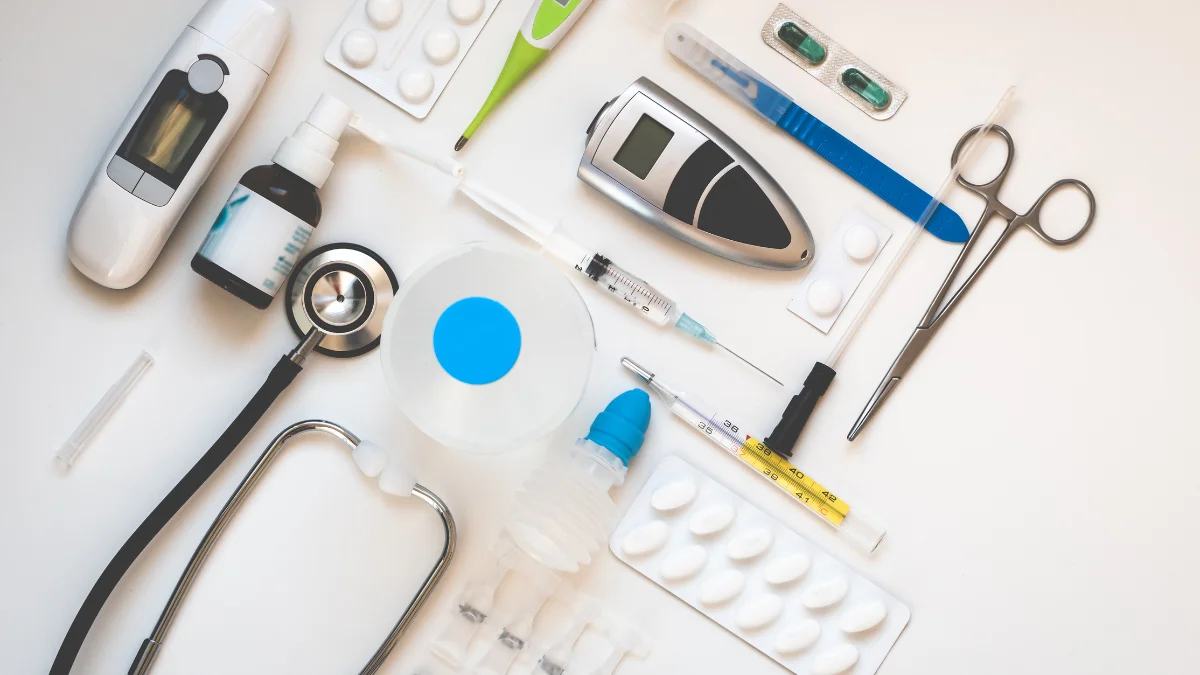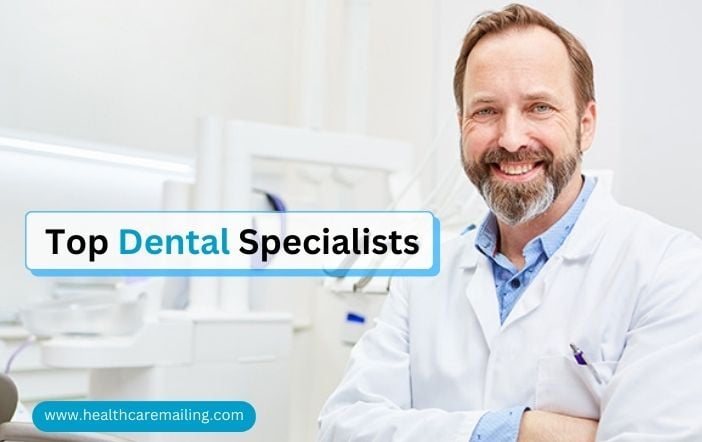Selling medical devices to doctors is a unique and rewarding challenge in the healthcare industry. Doctors are highly knowledgeable and discerning customers who seek reliable, innovative, and effective solutions for their patients. However, selling those medical devices is no easy feat.
Doctors approach procurement with utmost seriousness, necessitating diligent efforts to earn the trust of potential buyers. This task becomes even more demanding when dealing with high-value items such as MRI machines or CT scanners, which require significant investment. Unlike the straightforward process of replenishing fast-moving supplies, selling medical devices involves building genuine relationships with multiple doctors before securing a sale.
To succeed, you must engage these stakeholders through frequent visits, demonstrate technical expertise with your product, and show value to each of them. In this blog, we’ll explore the essential steps and strategies to help you effectively sell medical devices to doctors.
What Are The Potential Challenges Medical Device Marketers Face?
1 Regulatory Compliance
One of the primary challenges for medical device marketers is navigating the complex landscape of regulatory compliance. Different regions have varying standards and requirements, such as FDA approval in the US or CE marking in Europe. Ensuring that your product meets these stringent regulations is crucial, but it can be time-consuming and costly. Non-compliance can result in severe penalties, product recalls, and damage to the company’s reputation.
2 Long Sales Cycles
Medical devices, especially high-value equipment, often have lengthy sales cycles. The decision-making process with doctors is lengthy due to their own concerns and requirements. Building relationships, demonstrating the value of the product, and addressing the concerns of all involved practitioners can take months or even years. This extended timeline can strain resources and delay revenue recognition.
3 Market Competition And Differentiation
The medical device market is highly competitive, with numerous companies vying for the attention of healthcare providers. Standing out in such a crowded field requires clear differentiation of your product from others. Marketers must effectively communicate the unique benefits and advantages of their devices, which can be challenging when competitors offer similar features. Additionally, ongoing advancements in technology mean that marketers must continually innovate and update their messaging to stay relevant.
4 Complex Products
Although establishing cordial working relationships with doctors is critical, equally as important is your ability to demonstrate technical expertise with the product you're selling. To get a surgeon or hospital administrator on your side, you need to show that you know what you're talking about. This is particularly important when guiding stakeholders toward large investments since doctors don't want to purchase expensive products that are difficult to use.
How To Sell Medical Devices To Doctors Effectively?
1 Show Buyers You Care
When working in a long sales cycle, the first meeting with a doctor or medical practice will most likely not result in an immediate sale. The goal of each visit should be to establish rapport with the medical staff. It's crucial to make a concerted effort to get to know each individual involved in the buying process to build trust and lay the foundation for a long-lasting relationship.
This approach is essential because different members of the practice will have varying concerns about the equipment. You need to be prepared to address all of these, from questions about pricing to technical specifications. To effectively engage with every stakeholder and address their concerns, you must do your homework and identify which aspects of your product are most important to different buyer personas.
2 Demonstrate The Product And Its Value
One of the most effective ways to win over a skeptical doctor is by demonstrating how easy it is to use the device you're selling. Whenever possible, bring the device to the medical practice for an in-person demonstration. This approach allows doctors, nurses, and other staff members to interact with the product directly and ask questions about its functionality. Having the equipment on hand lets you physically demonstrate how it solves specific problems, which can efficiently alleviate any concerns.
If the device is too bulky to transport, a practical solution is to use CRM technology. This technology allows you to carry up-to-date product information and supplementary resources, such as video demonstrations. This way, doctors can at least see how the device works, even if they don't have the opportunity to try it out themselves.
3 Stay Involved And Helpful
One of the most important aspects of medical sales is offering consistent support and guidance to your clients. It's essential to assist in preparing equipment for implementation and be present when the device is brought to the practice and installed. In a long sales cycle, being there during installation is crucial for fostering a lasting business partnership because it demonstrates dedication, preparedness, and a will to assist with any issues that may arise.
If you can show your value throughout the entire sales cycle—whether by responding to questions promptly, making frequent visits, or providing ongoing support to medical staff—you will significantly increase your chances of establishing a successful, long-term relationship.
4 Personalize The Buyer’s Journey
Purchasing decisions in medical practices now involve multiple stakeholders. The committee you're selling to might include physicians, surgeons and their support staff, nurse managers, and supply managers, among others. Before attending a meeting, conduct thorough research. Understand the stakeholders, their job responsibilities, the procedures the doctors specialize in, and any other relevant information. This knowledge will allow you to tailor your sales pitch to meet their specific needs.
During your conversations, make a conscious effort to get to know each person and work towards building a long-lasting relationship. Keep in mind that your first meeting will likely not result in an immediate sale, so use it as a foundation to build upon. By personalizing the buyer’s journey and demonstrating genuine interest in each stakeholder, you can set the stage for future success.
5 Educate Yourself & The Doctors
As a medical device sales representative, being thoroughly knowledgeable about your product is essential. While this may seem like a given, it's arguably the most critical skill for success. You need to understand your device inside and out to address the diverse questions and concerns of various stakeholders effectively. From pricing and technical specifications to how the device enhances patient treatment, you should be prepared to provide detailed and accurate information.
Though it might feel overwhelming initially, investing time in thorough research and preparing comprehensive content will boost your confidence. This preparation will enable you to handle any question or challenge that arises, ensuring you can effectively educate and engage with doctors and their teams.
6 Focus On Their Patients
In medical device sales, whether you're dealing with pharmaceuticals or surgical equipment, the key decision-makers are always focused on one primary concern: their patients. Doctors want to understand how your product will enhance patient care and what differentiates it from offerings from other companies. During your discussions, keep the impact on patients at the forefront of the conversation. Highlight the ways your device improves patient outcomes and the specific benefits it provides. By clearly demonstrating how your product adds value to both their practice and their patients, you’ll increase your chances of a successful sale.
Enhance Your Medical Device Sales Strategy
Selling medical devices to doctors requires a strategic, informed approach that prioritizes trust, education, and compliance. By understanding your audience, building credibility, crafting a compelling value proposition, and employing effective sales and marketing strategies, you can successfully navigate the unique challenges of this market. Focus on building long-term relationships and continuously improving your product to achieve lasting success. With the right strategies in place, the potential for growth and impact in the healthcare market is substantial.





